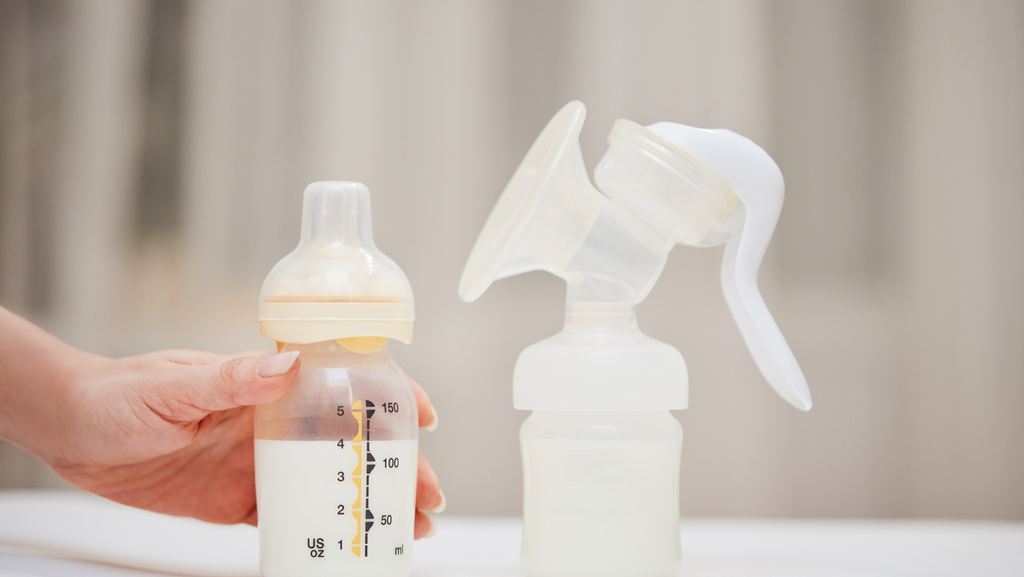Breastfeeding your newborn is considered beneficial by many doctors and other healthcare professionals. Breast milk contains the ideal nutrition for all babies, from the moment they are born. Your body can adapt to your child's needs, providing different nutritional benefits depending upon the age of the baby. Breastfeeding provides many advantages for your baby, including:
1) Breastmilk contains vital antibodies
Breastmilk contains antibodies that a baby cannot produce on its own. These antibodies are passed to the baby through the mother in utero and continue to provide protection after birth.
The antibodies aid in the prevention of illness and infection and encourage a healthy development for you child years after they have stopped breastfeeding.
2) For days after birth, the mother’s breasts will produce Colostrum, a form of breast milk.
For the first week or two after birth, the breasts produce a thick yellow liquid called colostrum. This liquid is high in protein and loaded with antibodies. It's perfect for your baby's small stomach and developing digestive tract.
3) The WHO (World Health Organisation) recommends exclusive breastfeeding for infants
Exclusive breastfeeding is recommended as studies have shown amazing benefits for both mothers and children who were breastfed as an infant. Children who were breastfed are less likely to be obese or overweight in later life, additionally, they perform better on intelligence tests. The benefits for mothers are also long lasting; for instance, breastfeeding can reduce the risk of ovarian and breast cancer.
4) Breastfeeding may help a mother bond with their child
During birth, women produce high levels of the hormone Oxytocin, which reduces bleeding and helps develop a bond between mother and child. Oxytocin is also produced during breastfeeding, allowing mothers to develop a greater bond with their little ones.
5) It saves time & money
Baby formula and the alternatives can be expensive. Breastfeeding will save you money in the long term because you won't have to rely on these alternatives as much, if at all. It also saves time and energy—you won't have to make up bottles in advance or estimate how much food your baby will need at each feeding.
What are the alternatives to breastfeeding?
Whilst breastfeeding is the best way to feed your baby after birth, it is not always possible, for a variety of reasons.
When giving birth in a hospital, it is not uncommon for the baby to be monitored for an extended period after birth, until the doctors and nurses are confident the infant is feeding correctly.
Oftentimes, it can be easier to achieve a regular feeding schedule using baby formula, which is perfectly safe for babies who do not take to breastfeeding.
There are also medical reasons for not breastfeeding infants, such as mothers requiring specific medications that make it unsafe for them to breastfeed.
If you have any concerns about your medication or breastfeeding in general, it is always best to seek advice from a healthcare professional or your GP. There is also a plethora of information available on the NHS website.
You can also check out our other blogs for new parents, foot development in babies & keeping your baby cool in the summer months.


